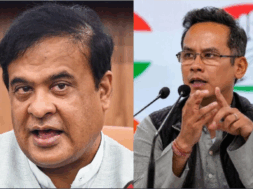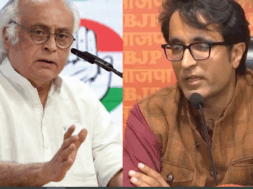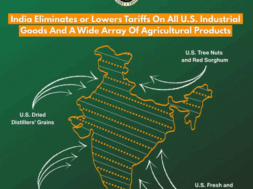
Investments: India keeps China guessing…about borders and business
Virendra Pandit
New Delhi: No wonder India is paying back China in its own coin: keep the enemy guessing.
Soon after External Affairs Minister S. Jaishankar and National Security Advisor Ajit Doval reminded their counterparts in China that bilateral and business relations were hit only after the Chinese intrusion in Eastern Ladakh in 2020, New Delhi told Beijing that it is ready to do business-despite border conflicts.
This time, Union Minister of State for Information Technology Rajeev Chandrasekhar said India is open to investments from Chinese companies.
His statement came days after India rejected Chinese automaker BYD’s proposal to set up a USD 1 billion factory to manufacture electric vehicles in partnership with Hyderabad-based Megha Engineering and Infrastructure Ltd.
He told the Financial Times (FT) on Wednesday that the tightening of foreign investments did not specifically target China and it applied to other neighboring countries including Pakistan, Bangladesh, and Nepal as well (which, ironically, hardly invest in India!)
“We are open to doing business with any company anywhere as long as they are investing and conducting their business lawfully and are in compliance with the Indian laws,” Chandrasekhar told the FT, adding that India was “open to all investment, including Chinese.”
After the 2020 violent clashes in Galwan Vally, Eastern Ladakh, in which nearly two dozen Indian soldiers sacrificed their lives, India forensically scrutinized Chinese products, policies, companies, and investments. It banned more than 300 Chinese apps, including TikTok, and took a number of steps to selectively curtail imports from China to the extent possible.
It adversely affected the second-largest economy in the world and contributed to its recession, and forced China to look for ways to mend fences with India—without, of course, sorting out the border issues or withdrawing support to Pakistan-sponsored terrorists.
India also launched regulatory probes against Chinese mobile manufacturers like Xiaomi, Oppo, and Vivo, for violating Indian tax laws and foreign exchange rules.
At the same time, New Delhi continued to play the game, the Beijing way.
“I don’t think it’s anything very unique or to do with Galwan as much as it is a general trend of countries of the world waking up to the concern of having their backbone networks, tech ecosystems not necessarily trusted,” Chandrasekhar said.
Post-pandemic, India has also been attracting foreign investments from companies pursuing the “China Plus One” strategy, especially focusing on the technology sector including semiconductors and smartphones.
New Delhi’s efforts have begun to pay off.
Apple has already started increasing the production of iPhones in India and AirPods might also be soon made here.














